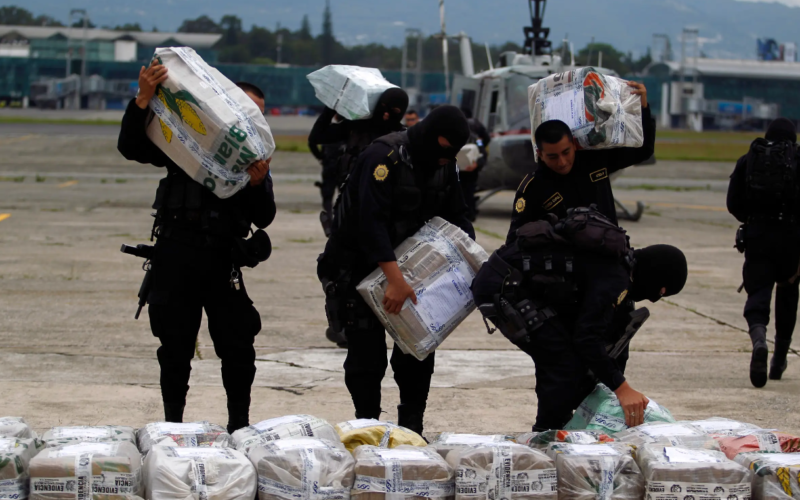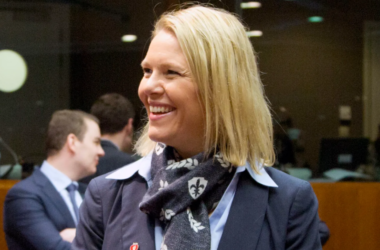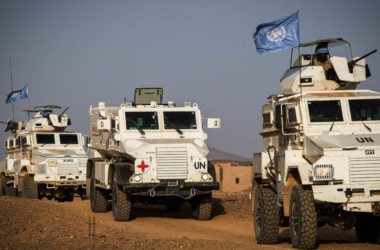Europe’s burgeoning cocaine market has become a pressing issue, with significant implications for both public health and law enforcement. The increasing prevalence of this illicit drug within the continent’s borders is raising alarms and necessitating a comprehensive approach to address the challenges it presents.
Over the years, Europe has witnessed a noticeable surge in cocaine consumption, marking a stark departure from its traditional reputation as predominantly a transit point for drug shipments to other parts of the world. While other illicit substances have long posed problems, the cocaine trade is now taking center stage.
Several factors contribute to this concerning trend. First, Europe’s relative affluence makes it an attractive market for drug traffickers seeking high profits. The rising disposable income in various European countries has created a demand for this high-priced narcotic.
Second, the changing dynamics of drug production and distribution are facilitating the flow of cocaine into Europe. Criminal networks have adapted to new technologies and transportation methods, making it easier to smuggle and distribute the drug. Consequently, law enforcement agencies face the formidable challenge of keeping pace with these evolving tactics.
The consequences of Europe’s growing cocaine market are multifaceted. From a public health perspective, increased cocaine use presents risks of addiction and associated health problems. Treatment and prevention programs are essential to mitigate these concerns.
On the law enforcement front, the rise of the cocaine market necessitates enhanced efforts to combat drug trafficking and organized crime. Improved intelligence sharing, cross-border cooperation, and investments in training and resources for law enforcement agencies are crucial to tackling the issue effectively.
Furthermore, the growing cocaine trade raises broader questions about the interconnected nature of international crime and the need for global collaboration to combat it. Europe’s struggle with the cocaine market is not an isolated concern but part of a larger transnational problem.
Addressing Europe’s escalating cocaine market requires a multifaceted approach that combines public health initiatives with law enforcement measures, regional cooperation, and international collaboration. It is a complex challenge, but one that European authorities are determined to confront to protect their communities and public safety.








